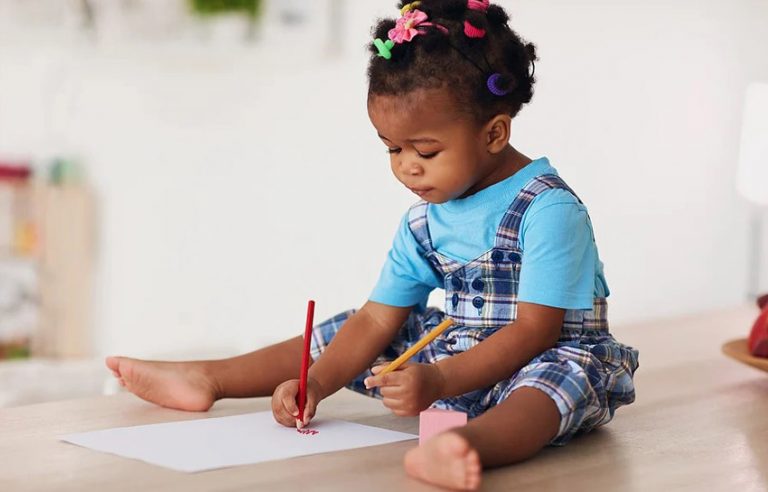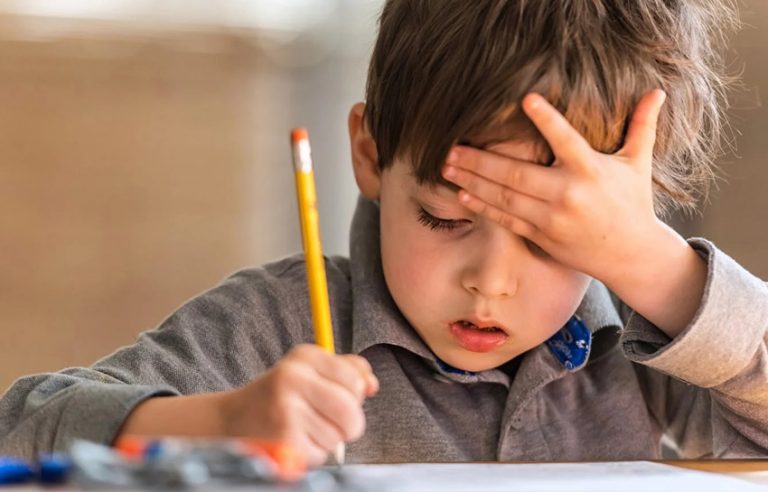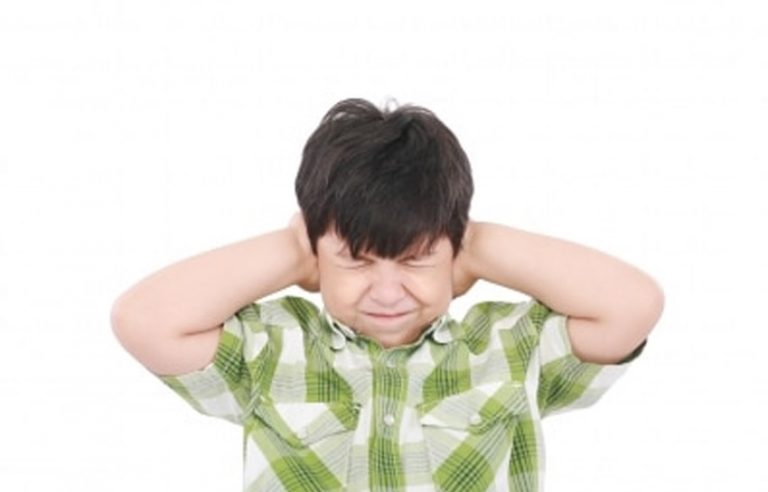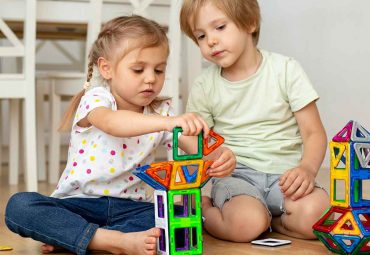Occupational Therapy areas and Examinations:
Occupational therapy areas and examinations focus on evaluating a person’s ability to perform daily activities and engage in meaningful tasks. This includes assessing fine and gross motor skills, sensory processing, cognitive function, and adaptive techniques for independence. Through comprehensive evaluations, occupational therapists identify challenges and develop personalized interventions to improve overall function and quality of life.
- Fine Motor Skills: Assessing hand strength, dexterity, and coordination to support tasks like writing, cutting, and self-care.
- Gross Motor Skills: Evaluating strength, balance, and body coordination for activities like jumping, climbing, and posture control.
- Sensory Processing: Identifying challenges in how your child responds to sensory input (touch, sound, sight, movement) and developing strategies for better regulation and participation.
- Visual-Motor Integration: Examining how your child’s eyes and hands work together for tasks like copying shapes, handwriting, and drawing.
- Self-Care Skills: Addressing difficulties with dressing, feeding, grooming, and toileting to promote independence.
- Handwriting: Analyzing letter formation, spacing, and alignment to improve legibility and ease of writing.
- Executive Functioning: Supporting attention, organization, and problem-solving for academic and everyday success.
- Play Skills: Enhancing interactive play, creativity, and problem-solving for social and cognitive development.
- Feeding and Sensory-Based Eating: We address sensory sensitivities, aversions, and motor challenges that impact mealtime, helping children become more comfortable with eating a variety of foods.
- Adaptive Equipment and Environmental Modifications: Our evaluations include recommendations for equipment or modifications to improve participation and safety at home, school, or community settings.
- Oral-Motor Examinations: We assess oral-motor strength, coordination, and sensory processing as part of feeding, drinking, and communication support.
Let us help your child build the skills they need to thrive in everyday activities and beyond!
OT treats:
(Treatment begins by developing an individualized plan to achieve prioritized goals):

1.Fine Motor Skills:
The skilled use of one’s hands. It is the ability to move the hands and fingers in a smooth, precise and controlled manner. Fine motor control is essential for efficient handling of classroom tools and materials. It may also be referred to as dexterity.

2. Gross Motor Skills:
Coordinated body movements involving the large muscle groups. A few activities requiring this skill include running, walking, hopping, climbing, throwing and jumping.

3. Visual Motor Skills:
The ability to visually take in information, process it and be able to coordinate your physical movement in relation to what has been viewed. It involves the combination of visual perception and motor coordination. Difficulty with visual motor skills can result in inaccurate reaching, pointing and grasping of objects, as well as difficulty with copying, drawing, tracing and cutting.

4. Visual Perceptual Skills:
The ability to interpret and use what is seen in the environment. Difficulties in this area can interfere with a child’s ability to learn self-help skills like tying shoelaces and academic tasks like copying from the blackboard or finding items in a busy background.

5. Bilateral Coordination Skills:
The ability to use both sides of the body in a smooth, coordinated manner. Some activities that may be affected by difficulties with upper body bilateral coordination are stabilizing the paper while writing and using a ruler and stencils.

6. Sensory Processing Skills:
The ability to receive and process information from one’s sensory systems including touch (tactile), visual, auditory (hearing), proprioceptive (body position) and vestibular (balance). Behavior, attention and peer interactions are greatly influenced by the child’s ability to process sensory stimuli.


Writing and Thinking About Theraphy
Speech therapy may be needed for Speech Disorders that develop in childhood or Speech Impairments in adults caused by an injury or illness, such as Stroke or Brain Injury. These are problems with making sounds in syllables, or saying words incorrectly to the point that listeners.
Receptive Disorders are problems with understanding or processing language problems with putting words together, having a limited vocabulary, or being unable to use language.

